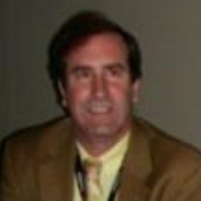Madoff, the Failure of the SEC and Rescuing the Rich
 Harry Markopolos
Harry Markopolos
Although Bernard Madoff has become the poster child of the collapse, the Securities and Exchange Commission (SEC) carries a heavy share in the responsibility for ignoring Madoff’s impossibly consistent returns; they even ignored years of warnings from Harry Markopolos, a former asset manager who finally wrote a 19-page letter to the SEC in 2005 proving that Madoff had to be scamming his investors. In a New York Times Op-Ed, Michael Lewis and David Einhorn explain how the S.E.C.’s mission got turned upside-down: “Created to protect investors from financial predators, the commission has somehow evolved into a mechanism for protecting financial predators with political clout from investors. (The task it has performed most diligently during this crisis has been to question, intimidate and impose rules on short-sellers—the only market players who have a financial incentive to expose fraud and abuse.)…It’s not hard to see why the S.E.C. behaves as it does. If you work for the enforcement division of the S.E.C. you probably know in the back of your mind, and in the front too, that if you maintain good relations with Wall Street you might soon be paid huge sums of money to be employed by it.”
- Top Stories
- Unusual News
- Where is the Money Going?
- Controversies
- U.S. and the World
- Appointments and Resignations
- Latest News
- Trump Renames National Football League National Trump League
- Trump to Stop Deportations If…
- Trump Denounces World Series
- What If China Invaded the United States?
- Donald Trump Has a Mental Health Problem and It Has a Name






Comments